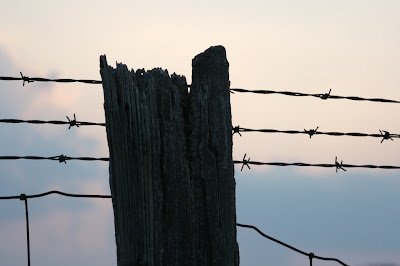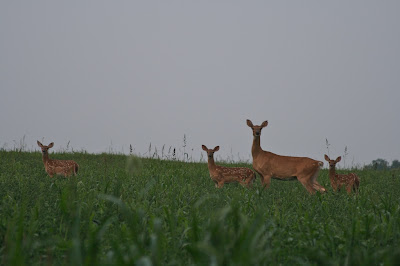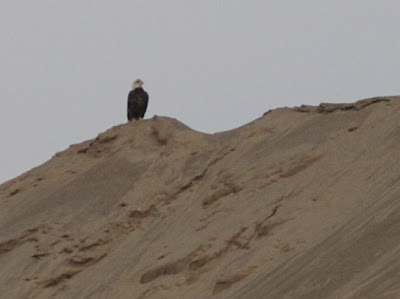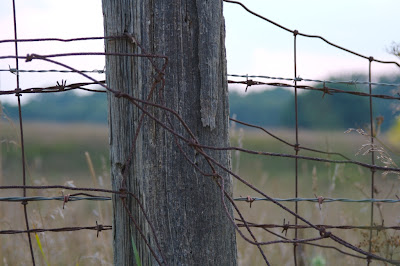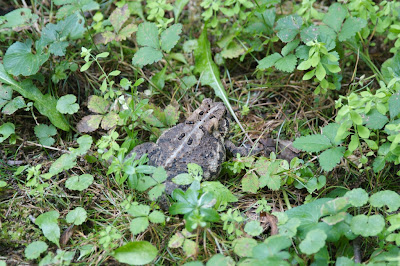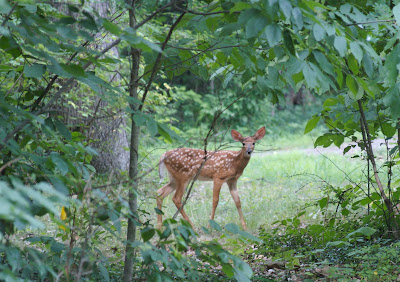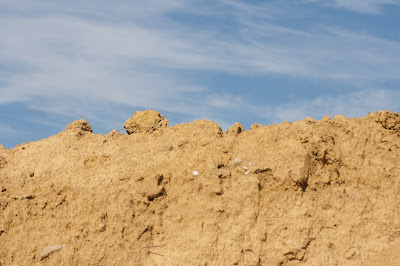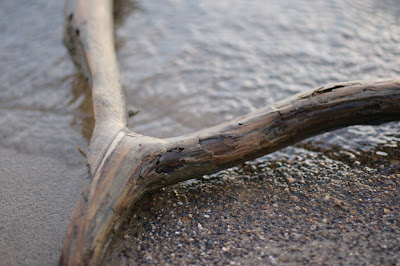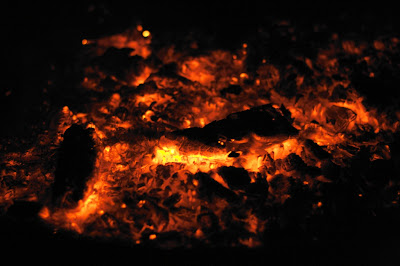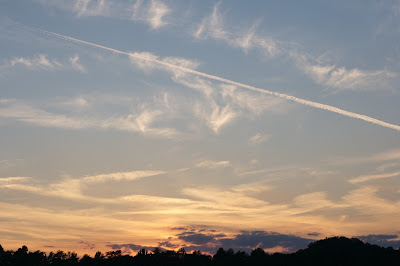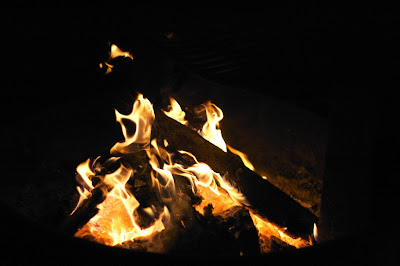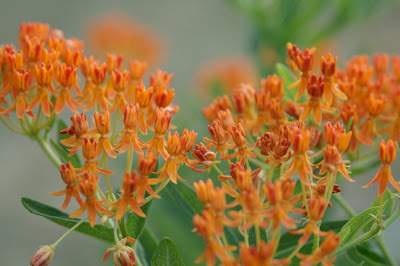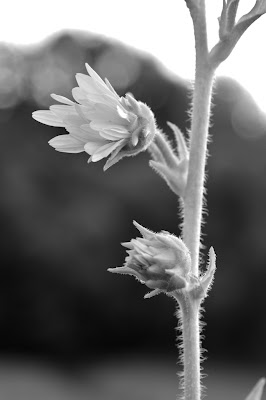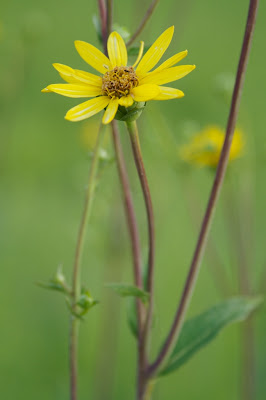
First, you have to know that I am (and have pretty much always been) enamored of books about writing and creativity. And so it is that this week, as part of my attempt to re-center and prepare for eleven months of expatriate writing, I've been reading a couple of writing guides: Ted Kooser's and Steve Cox's Writing Brave and Free and Victoria Nelson's On Writer's Block. Today, in large part because of a recommendation somewhere on Andrea Scher's Superhero site, I'm also reading some of Danny Gregory's work--Everyday Matters and The Creative License (which latter makes me nervous because it makes drawing sound so doable, and so appealing, and yet I am so not excited to try drawing freehand, and I am so pleased with taking photographs, and so I have to remind myself that my way of being creative is acceptable even though it's not his way).
By the time I went to bed Thursday night, after having read large sections of the Kooser/Cox and Nelson books, I was feeling as though yesterday could be a good, solid day of writing. I sketched a schedule, based around the patterns I'm falling into with the dog, and climbed into bed.
Two hours later, a massive stormfront rolled into Knox County. Those of you keeping score at home may recall that I am virtually unshakeable in my sleep; we had rough storms two weeks ago that utterly failed to move me, much less wake me up. And so when this one whipcracked me awake at 2:45 a.m., I knew it was a big deal. Indeed, the power was out within a few minutes, though it came back on soon enough. The dog and I stumbled up and out of the bedroom, not sure of what we should do. He ambled into the other bedroom and lay back down on the floor; I turned on the television to see how worried I should really be. Since there were no tornado warnings or even watches afoot, I idly flipped channels for nearly an hour, ending up on mid-night reruns of Top Chef, while the storm pushed through my county.
And then I slept until 11:30, so that my day began four hours later than I'd planned.
It was only about an hour later that the dog and I encountered the hidden toad in the yard, though--again, fortunately--only two of the three of us realized that the encounter was happening. Where the dog and I had thought there were only weeds, I suddenly saw a living creature, and that living creature suddenly saw a huge dog snout coming his way.

Our mutual startle left me thinking about the manifold and divergent ways one might read a surprise appearance like this one. Victoria Nelson, in particular, warns would-be writers about their unsuspected negative influences, the internalized voices and selves that cause writers to shut themselves down peremptorily. In a way, I thought, the toad's sudden materialization corresponds to one of those agonizing moments when--sometimes without our knowing it--we find ourselves blocked and beaten by an antagonistic force we may have forgotten, or one that we may not even have recognized and grappled with yet. I've been thinking a great deal about forces like these, given that I've been dragging my heels like a spoiled child every time I get anywhere near the article I'm writing right now--even though it's about a unit that I loved teaching within a course that made my whole academic year, and even though I actually like it once I get started. I've even found myself relapsing into my old "I don't even like writing all that much..." whinging, in the past few weeks, and such halfhearted claims tend to signal that something is happening that requires my notice and my care.
In another sense, though, the toad represents those insights (some of them well-nigh miraculous) that sometimes seem to appear out of nowhere--but actually appear because we're finally paying the right kind of attention, in part because we've finally been able to shut off those antagonistic forces, those self-defeating voices, or personae, or whatever, that threaten to obstruct us. (In this scenario, the dog figures forth those amassed and avoided forces, under whose nose the idea-toad stays quiet lest he should attract disastrous attention.) That is to say, the toad is precisely that thing that I can't see unless I'm fully and creatively engaged.
And in some third, somewhat more literal sense, the toad stands as a reminder of those actual toads in our midst--the idiots and naysayers who lie in wait for us in ways that have not a single thing to do with our artistic capabilities or aspirations but that still threaten to disrupt those capabilities and aspirations. (I've got one of these in my life right now, a pure shot of poison that, all on its own, makes me glad to be getting away from the village for the year.)
It's not a fable, in the end, though I still half-want it to be, not least because (in conjunction with the bookstore's Employee Appreciation Day) I picked up a discounted copy of W.S. Merwin's The Book of Fables yesterday. It seems entirely likely to me that this one will join my list of Things to Be Expanded Upon--a list that has grown and grown with the week's progress. There are so very many things to be Written and Expanded. It's just a matter of making sure that the ones that need to get finished for work actually do.
Today, Danny Gregory's books inspired me to buy the latest in my long line of blank books, but this one is different: it's a full-on 11x14 sketchbook that has already started functioning like an off-line version of the Cabinet. Now, you see, I'm dreaming bigger.
